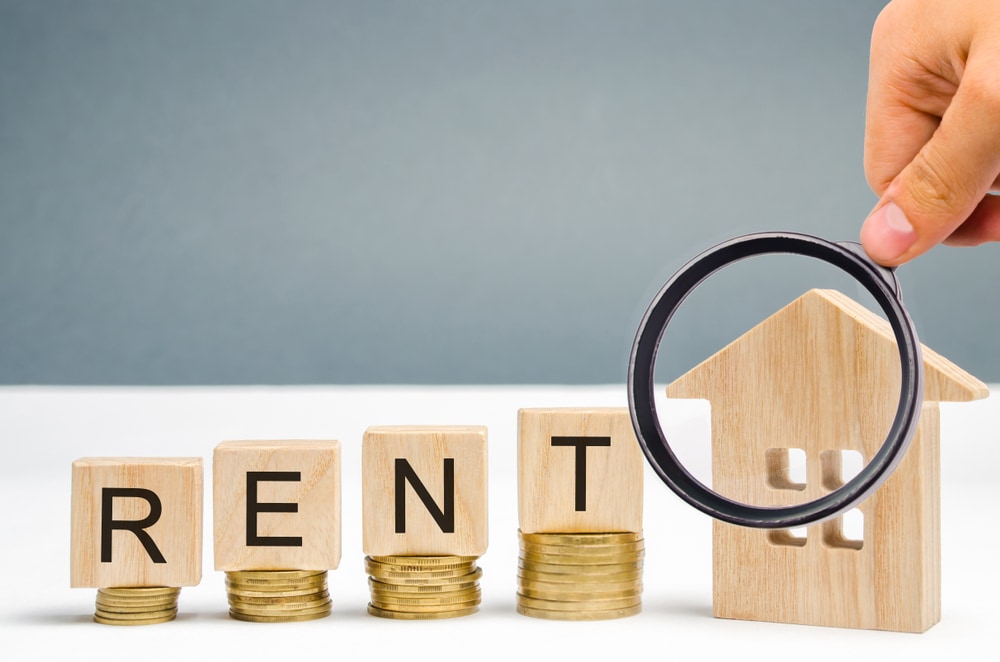HomeLet’s CEO expressed disappointed at the lack of help in the Chancellor’s Spring Budget, as tenants are spending a third of their wages on rent even before taking utilities and other living costs into account.
The proportion renters are spending on rent is +2.3% higher than 2023 alone and continues to creep up year-on-year.
Andy Halstead, chief executive of HomeLet, said: “Price rises across most regions in the UK, coupled with an alarming rent-to-income ratio increase should show the government that now is the time to act. The rental market needs urgent support for both landlords and tenants alike – not everybody is in a position to buy a home right now. Not everyone wants to.
“Mounting costs in property management and maintenance have sent rental prices through the roof, which is a lose-lose situation. Tenants are struggling to sensibly match their wages to monthly rent, and landlords are faced with defaults and vacancies as a result.
“A rent-to-income ratio of over a third, that continues to creep up, is not sustainable for anybody within the industry. Therefore, we wish to see more provisions for the housing industry as a whole, not just for those who want to buy.”
Successive price increases across the nation mean that renters are paying out nearly £20pcm more on their rent compared to January alone.
In the South West, a +1.7% increase equates to £19pcm more, whereas up in the North East, it’s £10pcm more from a +5.72% annual increase.
Rent is beginning to creep up in the UK again (by +0.2%) following a three-month decline
Halstead added: “Whilst we appreciate the government’s efforts to support people with buying a house, we have to remember that nearly 5 million people are living in rented homes – and not all of them want to get on the property ladder.
“Many tenants prefer the flexibility of renting, whilst others appreciate it as a reliable housing option, without the need for a substantial deposit. Even with 95% mortgages, with the average cost of a property in the UK being £264,400, that’s still over £13,000 that most people simply don’t have to spare.”
